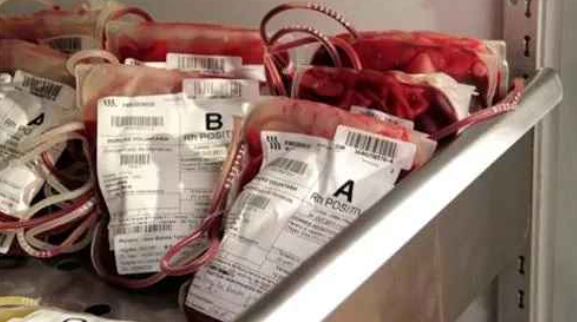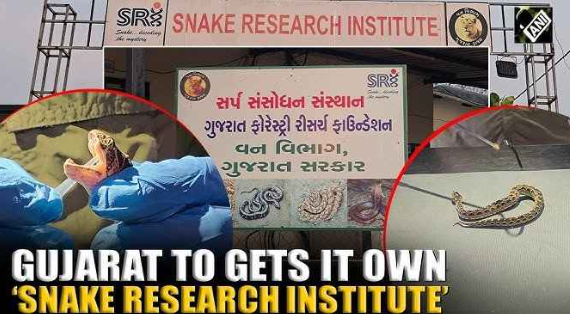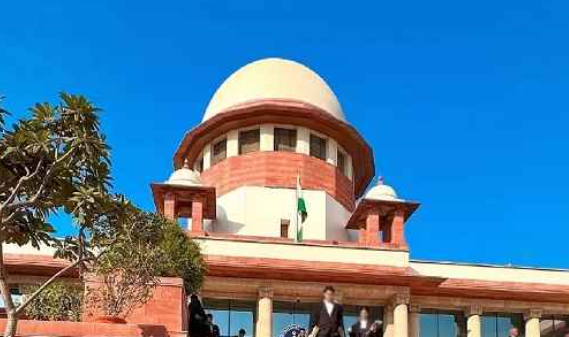NEW DELHI: Chief minister Arvind Kejriwal on Wednesday said 80% of the beds at Delhi State Cancer Institute (DSCI), the only cancer hospital run by the state government, would be reserved for Delhiites. This, he said, will ensure locals get preference in cancer treatment.
DSCI is east Delhi has 195 beds, out of which 24 are paid. Officials said many patients from the states like Uttar Pradesh visit the hospital due to paucity of treatment facilities in those regions. “Locals often don’t get bed due to unavailability,” said an official.
Last year, the government had decided to reserve 50% of the beds at GB Pant Hospital and this July, it ordered separation of registration counters for patients from Delhi and other states in Guru Tegh Bahadur (GTB) Hospital.
The government claimed that due to better health infrastructure and availability of medicines for free, people from other states were flooding Delhi hospitals. The ‘outsiders’ are already out of the purview of government schemes such as free laboratory tests, imaging services and surgery in private facilities under certain circumstances.
Public health experts have termed the recent move as discriminatory. “Reservation in hospitals is a retrograde step. It must be done away with,” said lawyer-activist Ashok Agarwal.
T Sunder Raman, a public health professional, said while policy measures were needed to ease the financial burden on the Delhi government due to the high influx of patients from other states, it shouldn’t be done by denying admission to them. “The Delhi government can charge the states from where patients visit these hospitals,” Raman suggested.
But Dr G S Grewal, secretary of Delhi Medical Association, supported the move. “Why should the locals be deprived of facilities due to the lack of infrastructure in other states?”
In India, there is serious inequalities in specialised health services such as cancer care as most big hospitals and oncologists are concentrated in major cities. States like Bihar, Uttar Pradesh and Orissa lack in both infrastructure and skilled manpower. “Hundreds of patients, mostly poor, come from these states to Delhi daily for treatment,” said a senior doctor at AIIMS.







